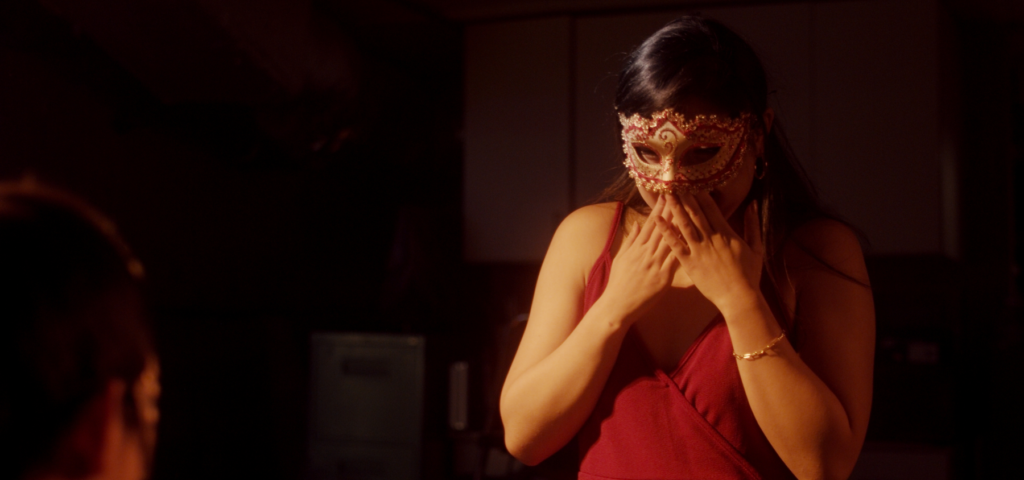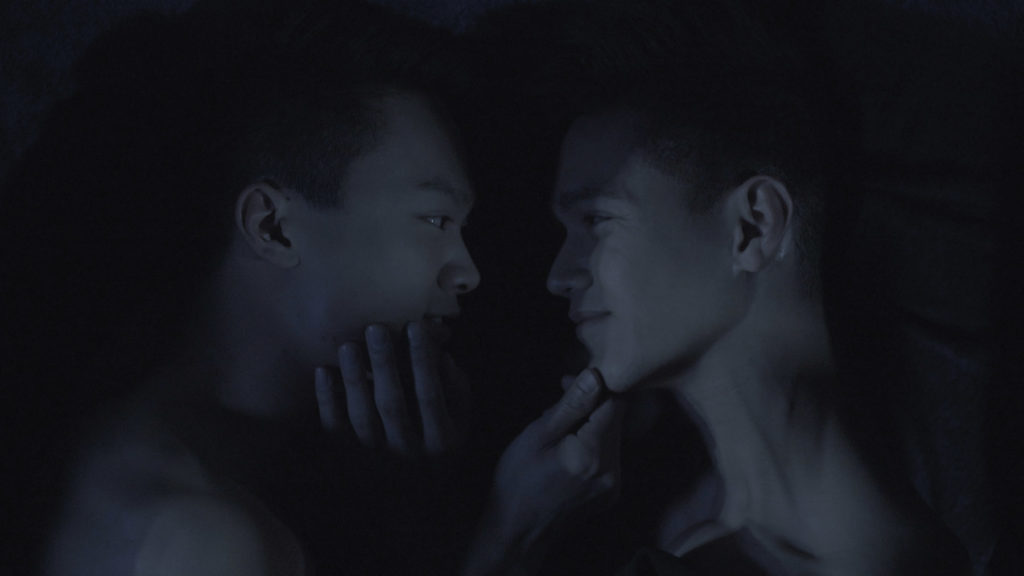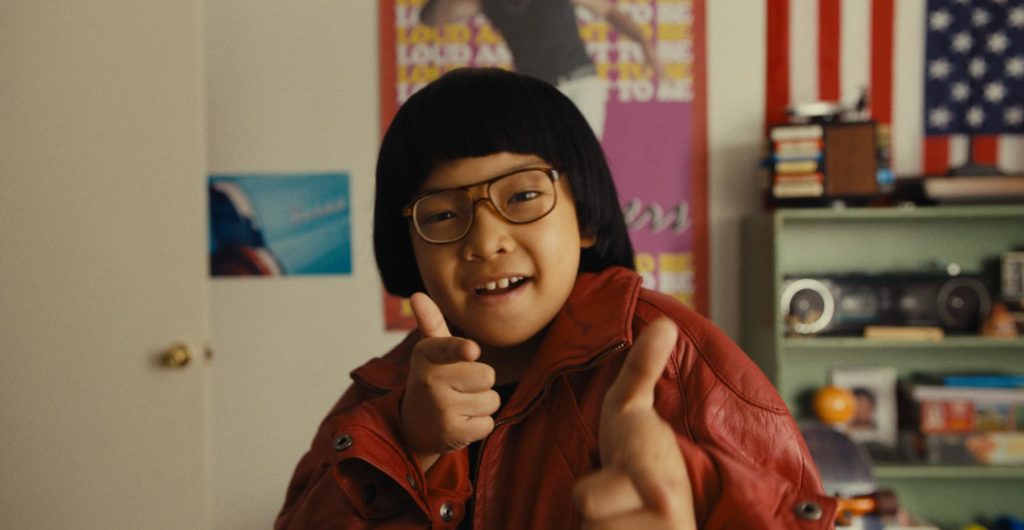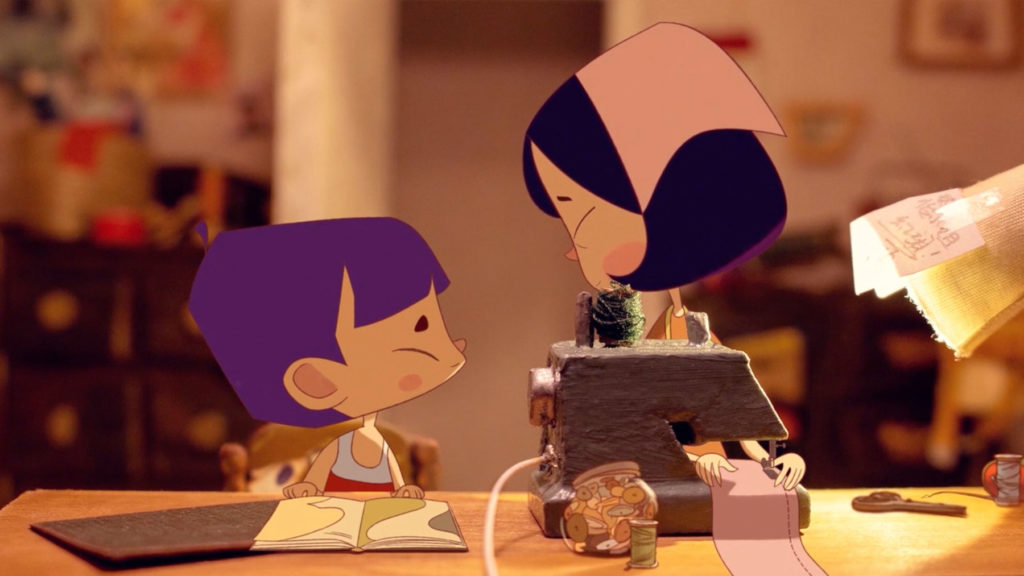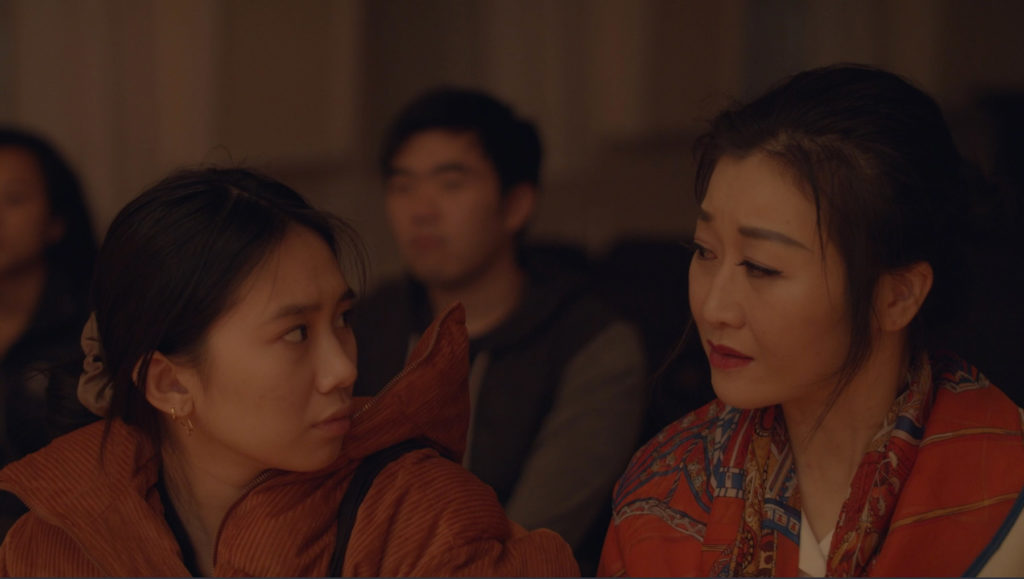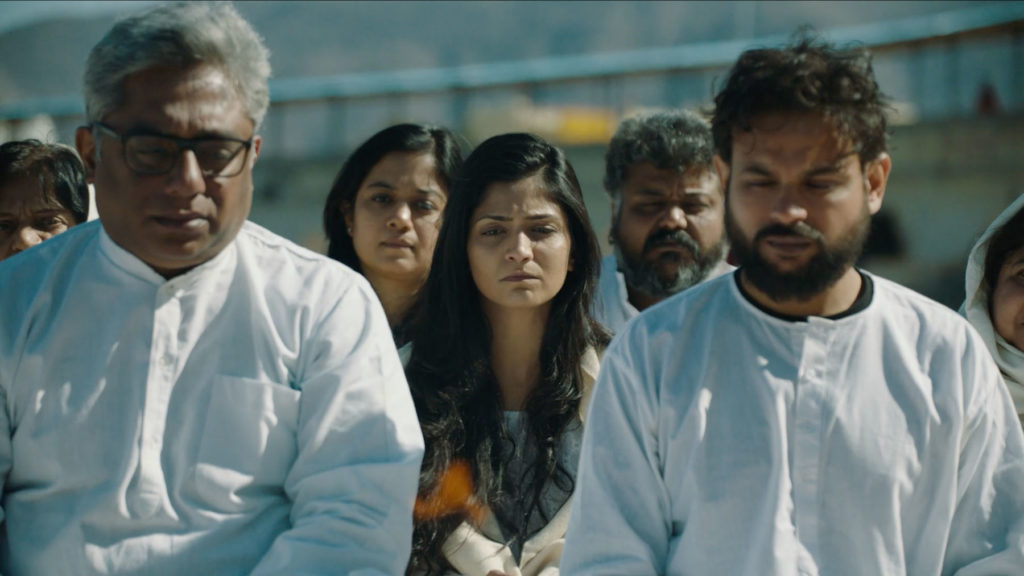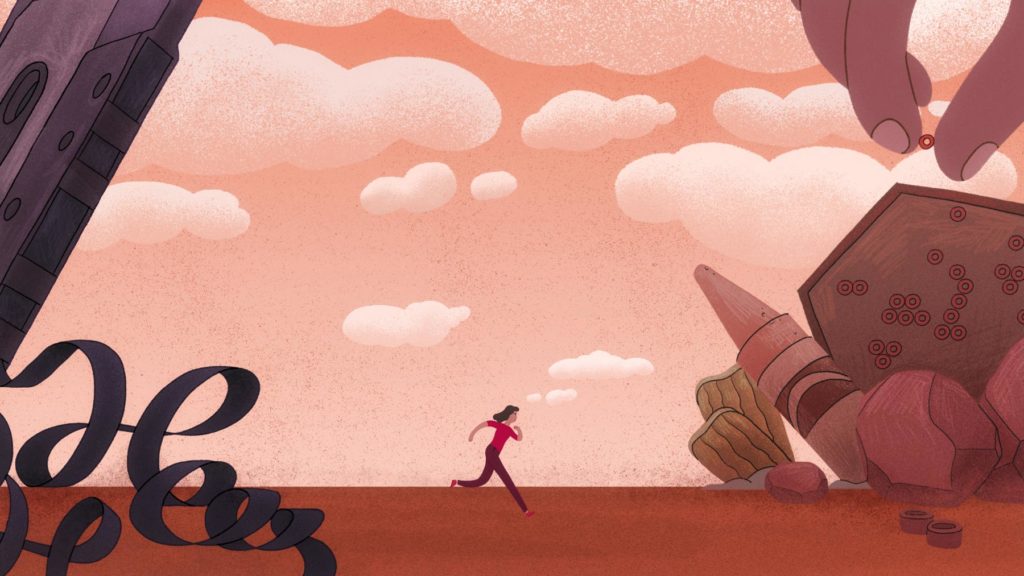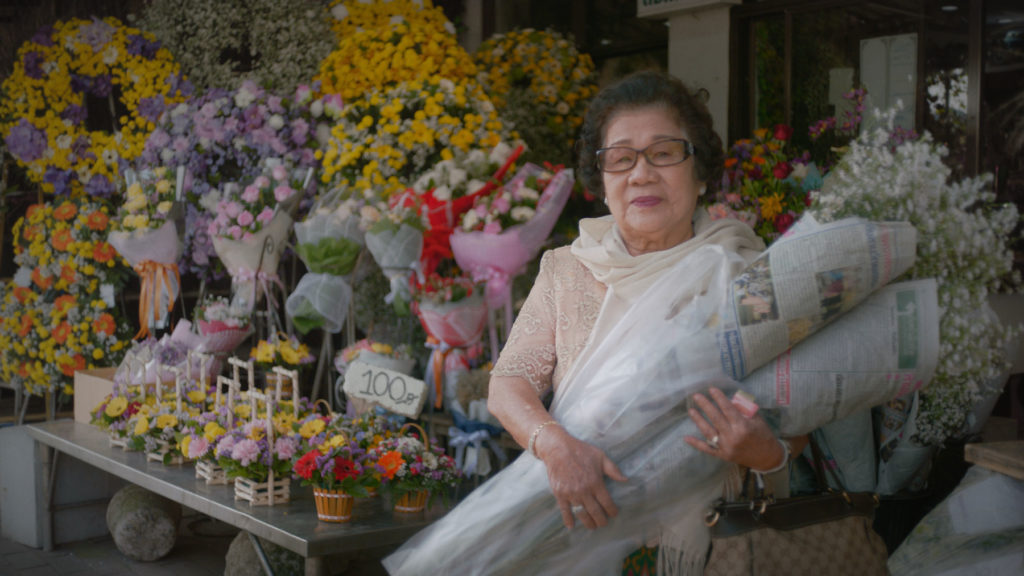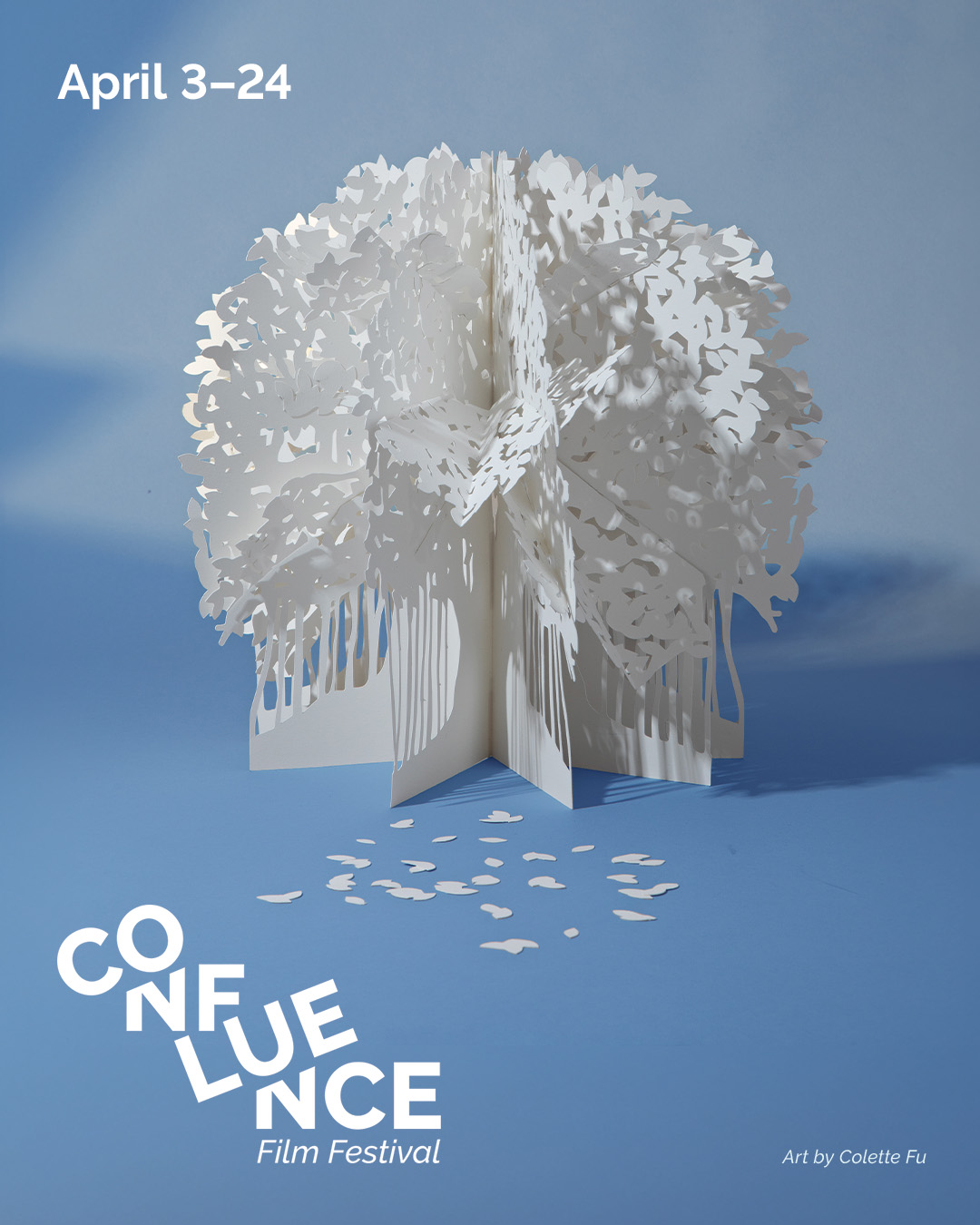Son of Paper’s newest music video is released “right on time”
The lights are dimmed. The wine is expensive. The music is sultry. The feeling of being in a healthy love affair washes over you when you listen to Son of Paper’s newest single “7 O’Clock.” Son of Paper, is a rapper, singer, and song-writer from San Francisco. His smooth and melodic delivery on diverse productions touches upon 2000’s R&B and golden era and Korean Hip-Hop. Kyle Shin, the mastermind behind SOP, is quite possibly one of the hardest working artists to have ever hit the PAAFF stage. Kyle reached out to me at the end of 2019, introducing himself and expressing interest in performing at our next festival. I was ecstatic. Kyle did not know this at the time, but a festival attendee had already recommended his music to me and encouraged us to reach out. By total chance, Kyle beat us to it. The circumstances of 2020 took us all by surprise. PAAFF was grappling with planning a festival in a completely new format, under a new leadership team, and by August, we weren’t even sure that we’d have the bandwidth to put on a virtual music showcase. Luckily, Kyle stepped in and gathered his friends to bring light and love to our audiences through music. The music showcase drew a huge virtual turnout, and people were excited to see new and upcoming Asian American artists. Son of Paper’s newest release, “7 O’Clock” was teased during the Philadelphia Asian American Film Festival in 2020 as part of our live stream intro music. The song was so popular that audiences demanded PAAFF create a playlist for future listening! Kyle Shin, AKA Son of Paper, shot by Justin Guo Following the success of SOP’s performance at PAAFF 2020, we were excited to co-host the premiere of the “7 O’Clock” music video on Saturday, April 10th. Both Son of Paper and the music video director, Justin Guo, took some time to speak with us about their latest collaboration. Interview with Son of Paper and video director Justin Guo Selena: So… let’s just get this question out of the way. Kyle, are you actually engaged? Kyle: Find out on the next episode of … just kidding. I am not engaged, but I am in a healthy relationship! I hope my real proposal can be as elaborate as in “7 O’Clock.” Selena: Can you tell me a little bit about what inspired you to write this song? K: Rymeezee (AKA Rymo), the producer and rap feature, actually had his sections finalized by the time I got into the studio. He was like, Kyle, I need a hook. Can you cook something up? 24 hours later the song was finished. My lyrics were inspired by the man Rymo is and the man I’m hoping to become: a class act and true gentleman. No more playing games, being late, or broken promises. Tonight, I’m on time and treating you right. Melodically, my R&B-type songs are very influenced by Usher, Mariah Carey, and Ne-Yo and that’s definitely true for “7OC.” Featured artist Rymeeze, still from “7 O’Clock” music video Selena: How did you come up with the concept of the music video? Can you talk a little bit about your creative process? J: The initial concept was a 4-5 location shoot with a storyline about a tumultuous relationship that sorta gets reconciled at the end. With our pandemic limitations, I had the idea of just working with the final dinner date scene to create something sensual and cinematic. K: As Justin said, location was the hardest part to work around. I was initially concerned about Justin’s one location idea. In this day and age of fast paced social media, keeping the viewer’s interest is increasingly difficult. But the more we talked through it, J and I realized that with controlled lighting and lots of promposal-esque props, we could create a magical and exciting romance. Selena: What about this release are you most proud of? K: I’m most proud of the film crew. Despite us all being young artists, we were all professional, safely pulling off one of my best videos without any hiccups. I believe the whole shoot was under 8 hours. J: At the start we had booked a nice studio location, which got cancelled due to COVID, then our Plan B got cancelled by COVID, even our Plan C! Kyle’s garage was plan D haha. So I’m proud of the fact that we pulled it off in a tiny garage on a micro micro budget. Selena: How has the pandemic affected your creativity, if at all? Kyle and I have talked a little about this previously at last year’s festival, but what is it like to be Asian American artists during this time? J: From a production perspective, film crews have become noticeably smaller, so each crew member suddenly inherits a lot more responsibility and the delegation/efficiency becomes crucial. As a filmmaker I’ve also had to adapt to doing more solo work, e.g., directing small promotional videos, filming elopement weddings, outdoor weddings, and such. K: The pandemic has completely changed my game plan but hopefully for the best. Instead of performing every other night, I’ve channeled my energy into recording new music by myself. This change has really made me work on my weaknesses, hone my vocal skills, and think deeply about why I make music. I think the recent rise of anti-Asian hate crimes has confirmed my “why.” Our community needs the younger generations to speak up and tell our Asian American story … despite the hostility and danger. This is a critical movement that I can contribute to. Follow Son of Paper on Instagram @sonofpaper and listen to his music on Spotify and SoundCloud. You can find featured artist Rymeezee on Instagram at @rymeezee. Justin’s work can be found on Vimeo.
Son of Paper’s newest music video is released “right on time” Read More »

